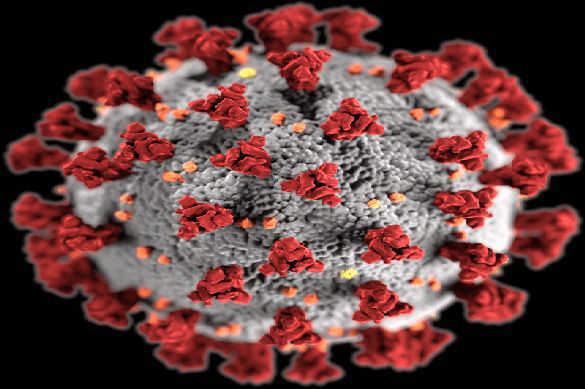COVID-19: Only one in eight countries worldwide have measures in place to protect women against social and economic impacts, new data shows

UN Women and UNDP's newly launched COVID-19 Global Gender Response Tracker shows the social protection and jobs response to the pandemic has largely overlooked women's needs.
[New York] Most of the world's nations are not doing enough to protect women and girls from the economic and social fallout being caused by the COVID-19 crisis, according to new data released today by UN Women and UNDP from the COVID-19 Global Gender Response Tracker (1).
The tracker, which includes over 2,500 measures across 206 countries and territories, specifically analyses government measures with a gender lens in three areas: those that tackle violence against women and girls (VAWG), support unpaid care, and strengthen women's economic security.
The results signal that 42 countries, one fifth (20 per cent) of those analysed, have no gender-sensitive measures in response to COVID-19 at all. Only 25 countries, 12 per cent of the world, have introduced measures that cover all three areas. These may include the provision of helplines, shelters, or judicial responses to counter the surge in violence against women and girls during the pandemic, cash transfers directly targeted at women, the provision of childcare services or paid family and sick leave.
"It's clear that the COVID-19 pandemic is hitting women hard - as victims of domestic violence locked down with their abusers, as unpaid caregivers in families and communities, and as workers in jobs that lack social protection. The Global Tracker supports governments in making the right policy decisions by sharing good practices and monitoring progress in care policies and measures to address violence against women", said UN Women Executive Director Phumzile Mlambo-Ngcuka.
"The COVID-19 crisis provides an opportunity for countries to transform existing economic models towards a renewed social contract that prioritizes social justice and gender equality. This new gender response tracker can help accelerate policy reform by guiding on gaps in national efforts and funding and highlighting best practices," said UNDP Administrator Achim Steiner.
The new data show that governments have primarily focused their gender-related COVID-19 efforts on preventing and/or responding to violence against women and girls (VAWG) - these measures account for 71 per cent of all actions identified, or 704 measures across 135 countries. Out of this, 63 per cent focus on strengthening essential services, such as shelters, helplines and other reporting mechanisms. However, only 48 countries, less than a quarter of those analysed, treated VAWG-related services as an integral part of their national and local COVID-19 response plans, with very few adequately funding these measures.
Meanwhile, the social protection, care crisis and jobs response has been largely blind to women's needs, with only 177 measures (10 per cent of the total) across 85 countries explicitly aimed at strengthening women's economic security, and less than one-third of countries (60 in total) taking action to support unpaid care and strengthen care services for children, older persons or persons with disabilities.
The tracker also shows that the gender response varies widely across countries and regions.
Europe is leading the response on addressing VAWG and unpaid care - accounting for almost 32 per cent of all violence measures and 49 per cent of all unpaid care measures. The American continent has the largest number of measures aimed at strengthening women's economic security, followed by Africa.
Some positive examples:
- Bosnia-Herzegovina has developed a plan to support civil society organizations running shelters; and in Colombia and Sweden financial resources have or will be made available to support gender-based violence survivors.
- In response to the care crisis, Argentina has increased monthly child allowance payments; Australia and Costa Rica have ensured that childcare services remain open during lockdown; Austria, Cyprus and Italy have granted additional family leave to affected working parents, and Canada, Spain and Republic of Korea, have introduced cash benefits for parents who are affected by school and day care closures.
- Countries like Togo, Georgia and Morocco are providing cash transfers or grants to women entrepreneurs and informal traders.
Recommendations based on the tracker findings
The findings suggest that even where countries have adopted an impressive number of gender-sensitive measures, these will only be effective if they are adequately financed and sustained over time. Further recommendations include:
- Services to respond to and prevent VAWG must be treated as essential services, should be adequately funded and an integral part of national and local COVID-19 response plans;
- Fiscal packages must be devised to ensure that women are not left out of the pandemic response and recovery; and
- Governments must support women's active participation in leadership and decision-making processes in their COVID-19 response and invest in sex-disaggregated data to ensure that the gender-differentiated impacts of the pandemic are recognized and effectively addressed.
Source: UN Women
Photo: https://ift.tt/2EN1xIi
No comments :
Post a Comment